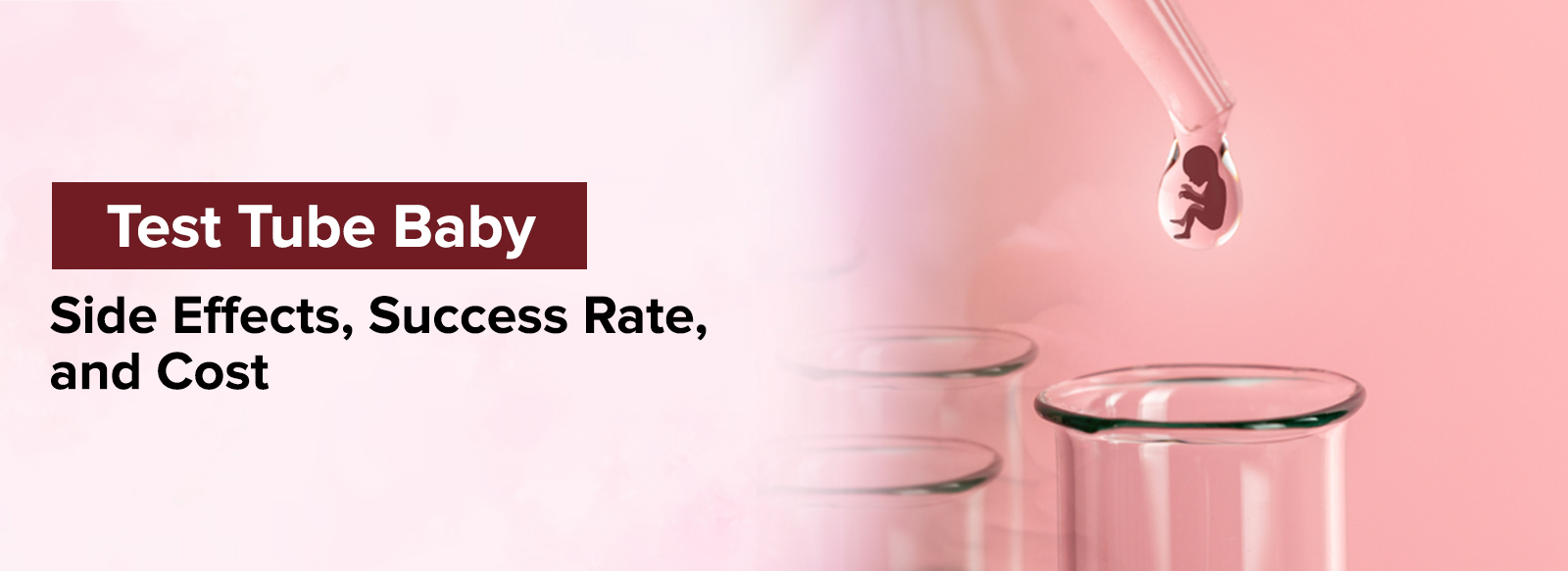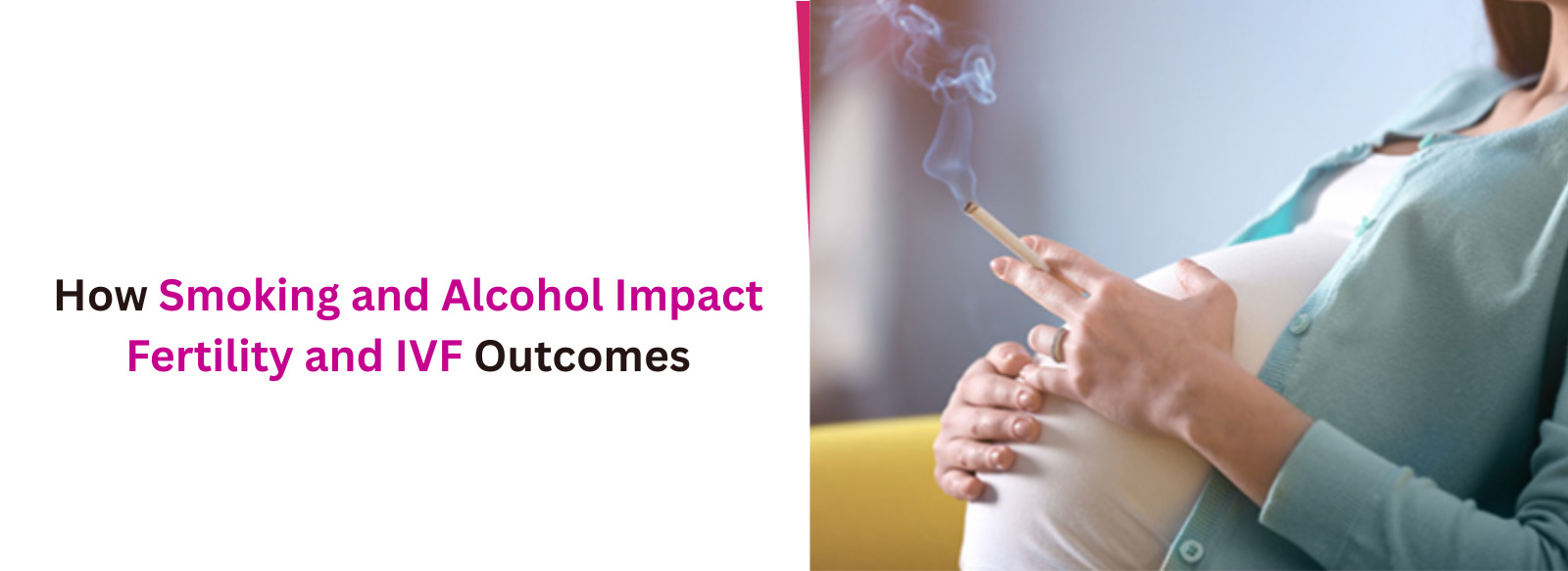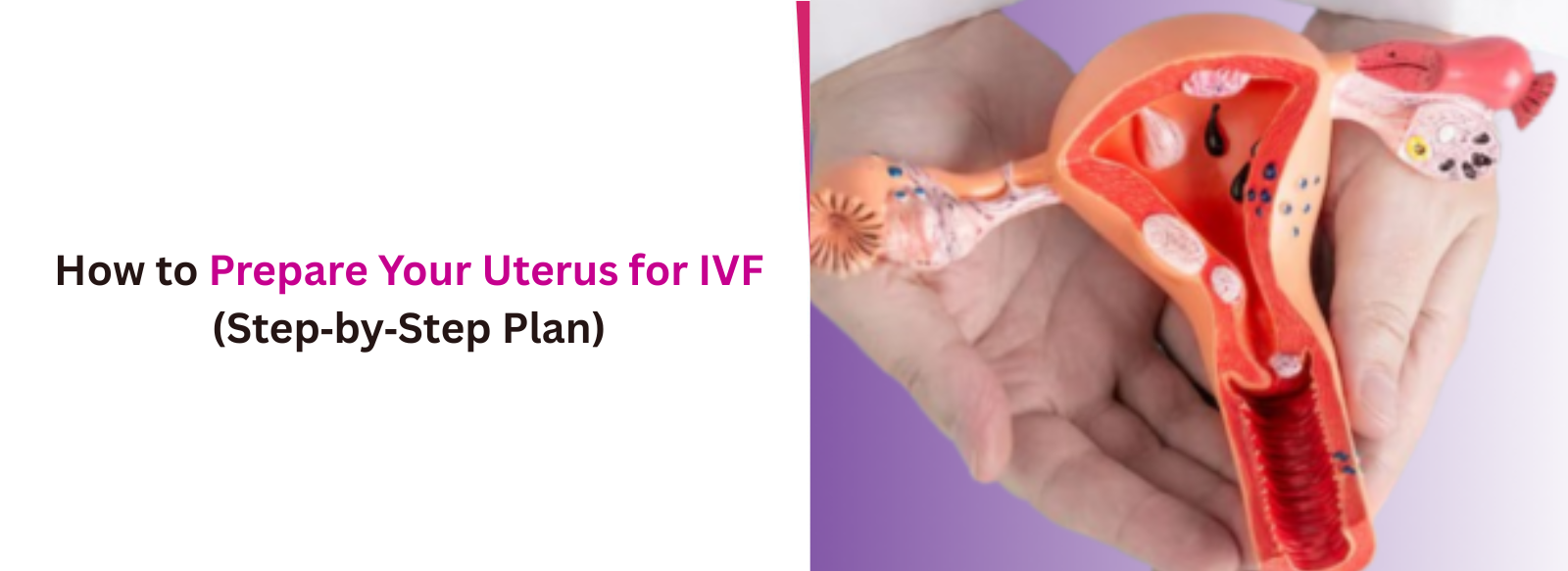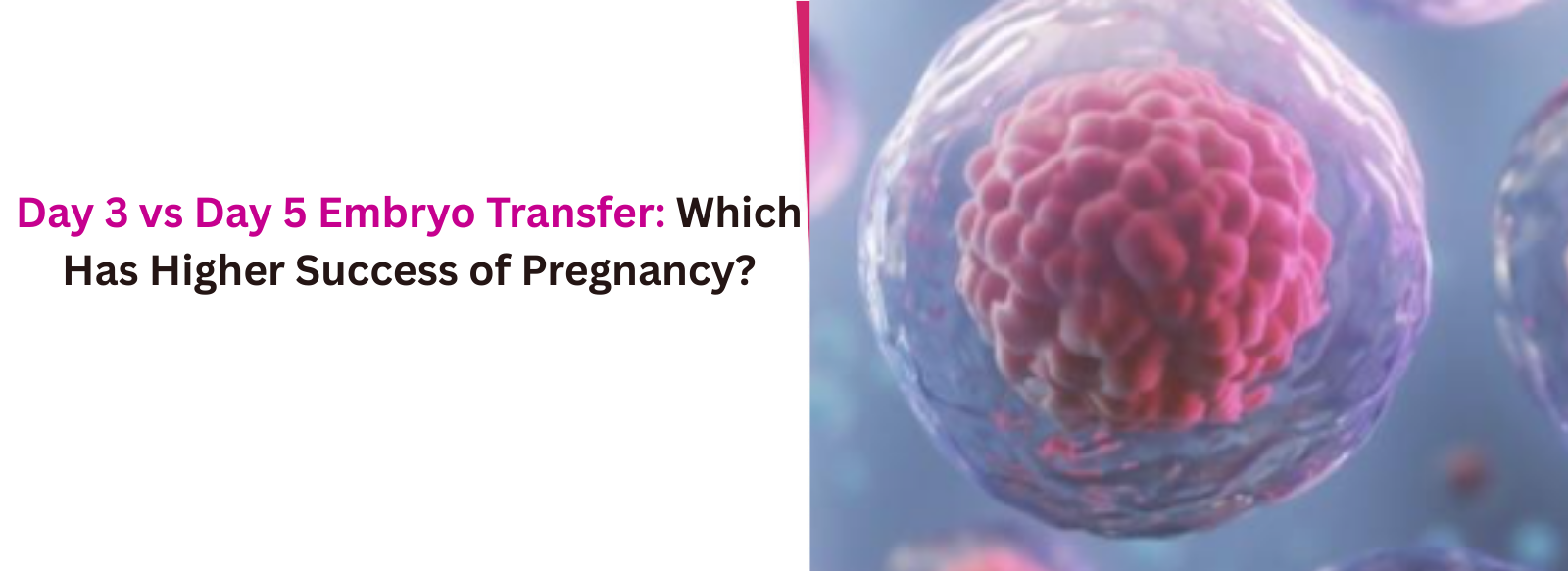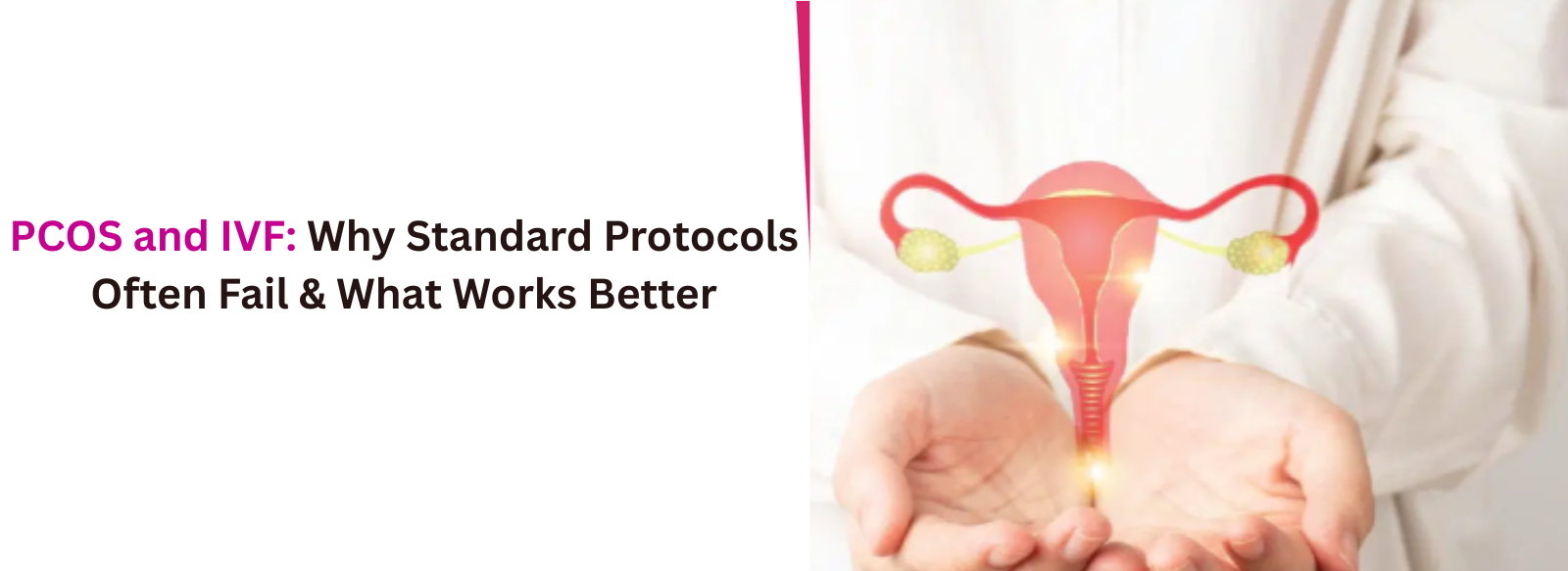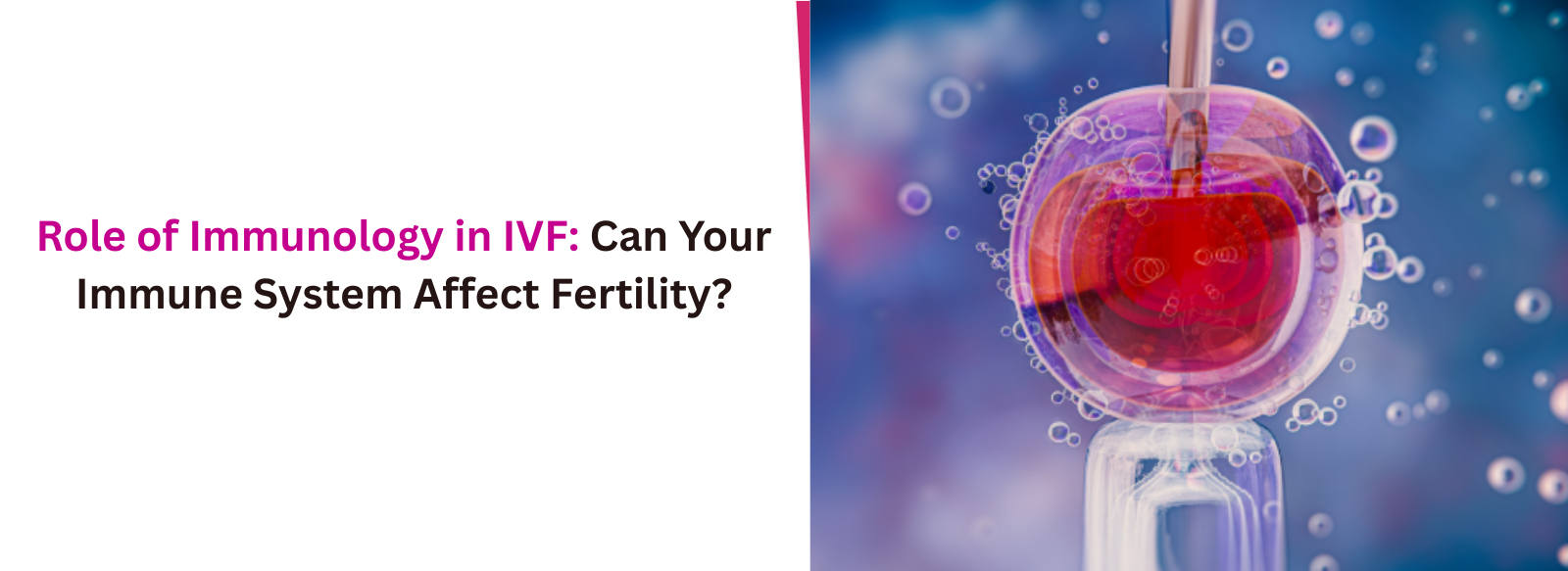What is a Test Tube Baby?
A test tube baby, commonly referred to in medical terms as an In-Vitro fertilization (IVF) baby, is conceived through a specialized process outside the woman's body. This advanced reproductive technology has provided hope to countless couples struggling with infertility, allowing them to achieve pregnancy through assisted means. The term "test tube baby" dates back to the early days of IVF research and development. It was coined due to the common misconception that the entire fertilization process occurs in a test tube. In reality, fertilization takes place in a petri dish, not a test tube. The first successful IVF procedure was performed in 1978, leading to the birth of Louise Brown, the world's first test tube baby center in amritsar or test tube baby center in Jalandhar This groundbreaking achievement was the result of years of research and experimentation by British scientists Dr. Robert Edwards and Dr. Patrick Steptoe. Since then, IVF technology has advanced significantly, with improved techniques and higher success rates. The term "test tube baby" has gradually been replaced by the more accurate term "IVF baby," which reflects the scientific precision of the procedure.Success Rate of Test Tube Baby
The success rate of test tube babies, or IVF babies, is a critical consideration for couples contemplating this assisted reproductive technology. Understanding the general success rates, both globally and specifically in India, along with the factors that influence these rates, can provide a clearer picture of what to expect from the IVF process. Globally, the success rates of IVF vary widely, typically ranging from 30% to 40% per cycle. In India, the success rate for test tube babies generally falls within a similar range, about 30% to 35% per cycle. These rates are influenced by several factors, including advancements in medical technology, the expertise of fertility clinics, and the individual health profiles of the patients.Factors Affecting Success Rates of Test Tube Baby
Several key factors can significantly impact the success rates of IVF:- Age:
- Women’s Age: The age of the woman undergoing IVF is one of the most crucial factors. Women in their late 20s to early 30s have higher success rates due to better egg quality and quantity. Success rates decline as a woman ages, particularly after 35, and more sharply after 40.
- Men’s Age: While not as pronounced as in women, the age of the male partner can also affect success rates. Older men may have reduced sperm quality, which can impact fertilization and embryo quality.
- Health:
- Overall Health: The general health of both partners plays a significant role. Conditions such as obesity, diabetes, and other chronic illnesses can adversely affect fertility and the success of IVF.
- Reproductive Health: Specific reproductive health issues, such as endometriosis, polycystic ovary syndrome (PCOS), and uterine abnormalities, can also impact success rates.
- Fertility Issues:
- Cause of Infertility: The underlying cause of infertility, whether male, female, or unexplained, can influence the outcome of IVF. Some conditions are more amenable to successful treatment through IVF than others.
- Previous Pregnancy History: Couples who have had previous successful pregnancies, whether through IVF or naturally, may have higher success rates in subsequent IVF cycles.
Cost of Test Tube Baby in India
The cost of undergoing In-Vitro Fertilization (IVF) to conceive a test tube baby can vary widely, depending on numerous factors. Understanding the average costs, a detailed breakdown, available financial packages, and a comparison with international costs can help aspiring parents plan and budget effectively.Average Test Tube Baby Cost per Cycle
In India, the average cost for one cycle of IVF ranges from ₹75,000 to ₹2,00,000. This cost can fluctuate based on the clinic’s reputation, the city in which it is located, and the specific medical needs of the patient.Breakdown of Costs
- Consultations:
- Initial Consultation: Typically ranges from ₹1,000 to ₹5,000. This includes the initial assessment and planning with the fertility specialist.
- Follow-up Consultations: Additional visits during the cycle can cost between ₹500 and ₹2,000 per session.
- Medications:
- Ovarian Stimulation Drugs: These medications are used to stimulate the ovaries to produce multiple eggs and can cost between ₹20,000 and ₹60,000 per cycle.
- Other Medications: Additional medications for hormone regulation and supportive treatments can add another ₹10,000 to ₹30,000.
- Procedures:
- Egg Retrieval: The procedure to collect eggs from the ovaries typically costs around ₹20,000 to ₹50,000.
- Sperm Collection and Processing: This can cost between ₹5,000 and ₹15,000.
- Fertilization and Embryo Culture: The process of fertilizing the eggs and culturing the embryos in the lab can range from ₹25,000 to ₹50,000.
- Embryo Transfer: Transferring the embryo into the woman’s uterus usually costs between ₹10,000 and ₹30,000.
Test Tube Baby Costs in Other Countries
Test tube baby costs in India are significantly lower compared to many Western countries. For instance:- United States: The average cost per cycle can range from $12,000 to $15,000 (approximately ₹9,00,000 to ₹11,25,000), excluding medication costs.
- United Kingdom: Costs range from £5,000 to £8,000 per cycle (approximately ₹4,75,000 to ₹7,60,000).
- Australia: The average cost per cycle is around AUD 9,000 to AUD 15,000 (approximately ₹4,80,000 to ₹8,00,000).
Test Tube Baby: Side Effects
When considering a test tube baby, or in vitro fertilization (IVF), it's essential to be aware of the potential side effects associated with the process. While IVF is a widely used and generally safe procedure, it can come with some risks and side effects. Understanding these can help you make informed decisions and prepare for any challenges that may arise.Common Side Effects of IVF:
- Hormonal Changes: The hormone treatments used to stimulate egg production can lead to mood swings, headaches, and hot flashes. These symptoms are usually temporary and subside after the treatment cycle.
- Ovarian Hyperstimulation Syndrome (OHSS): This occurs when the ovaries respond too vigorously to fertility medications. Symptoms of OHSS include abdominal pain, bloating, nausea, and in severe cases, shortness of breath and blood clots. Monitoring and adjusting medication doses can help mitigate this risk.
- Multiple Pregnancies: IVF increases the likelihood of multiple pregnancies (twins, triplets, etc.). Multiple pregnancies carry higher risks for both the mother and the babies, including preterm birth and low birth weight.
- Ectopic Pregnancy: In rare cases, the embryo may implant outside the uterus, often in the fallopian tube. Ectopic pregnancies require medical intervention and can be life-threatening if not treated promptly.
- Infections: Although rare, infections can occur after egg retrieval or embryo transfer. Proper sterilization techniques and post-procedure care significantly reduce this risk.
- Emotional Stress: The emotional and psychological stress of undergoing IVF cannot be overlooked. The process can be physically and mentally demanding, and it's crucial to have a strong support system and consider counseling if needed.
- Bleeding and Cramping: Minor bleeding and cramping can occur after egg retrieval and embryo transfer. These symptoms are usually mild and short-lived but should be monitored for any signs of complications.
- Allergic Reactions: Some individuals may experience allergic reactions to fertility medications. Symptoms can include itching, rash, or swelling, and should be reported to a healthcare provider immediately.
Long-Term Considerations
While the short-term side effects of IVF are more commonly discussed, there are also potential long-term considerations:- Ovarian Cancer Risk: Some studies have suggested a slight increase in the risk of ovarian cancer in women who undergo IVF, though the evidence is not conclusive. Regular monitoring and check-ups are advised.
- Future Fertility: Repeated IVF cycles can potentially impact future fertility. Discussing long-term plans with a fertility specialist can help manage this aspect.
How to Manage Test Tube Baby Side Effects:
To manage and mitigate the side effects of IVF, consider the following tips:- Stay Informed: Understanding the process and potential side effects can help you feel more in control.
- Maintain Open Communication: Regularly communicate with your healthcare provider about any symptoms or concerns.
- Support Network: Lean on family, friends, or support groups for emotional and psychological support.
- Healthy Lifestyle: Maintain a healthy diet, exercise regularly, and get adequate rest to support your body through the process.

